Utilities Have an Obligation to Inform Customers About Drinking Water Quality Problems
By Dan DeBaunShare
In 1996, Congress passed an update to the Safe Drinking Water Act that, among other things, required public water utilities to mail an annual drinking water quality report, or Consumer Confidence Report (CCR), to all their customers. What was heralded as a break through on the consumers right to know about contaminates in their water, the provision is yet to live up to expectations.
What's Wrong with Annual Drinking Water Quality Reports
Very simply: They are extremely difficult to read and understand.
According to the non-profit advocacy group OMB Watch, "the reports are overly technical and most people have a hard time understanding if the cleanliness of their water is improving or declining."
Missed Opportunity to Improve Drinking Water Quality Information
In the mean time, utility companies have spent the last 16 years complaining about how the public information reporting is too burdensome and mailing is too expensive. Last year, the Obama administration began reviewing Safe Drinking Water Act rules and recently issued notice of revision to the CCRs. Unfortunately, draft revisions indicate that the agency completely missed the opportunity to improve the effectiveness of the only drinking water quality report that proactively communicates with customers.
The proposal fails to provide clear standards for electronic delivery, and the proposed changes could actually reduce public access to the information on local water supplies required by the Safe Drinking Water Act.
While EPA is focused on responding to industry complaints, the agency has missed the key problem with the reports: the lax design standards and resulting difficulty for the public to understand the information contained within them. This review, intended to improve outdated and underperforming regulations, is the perfect opportunity for EPA to improve the readability of the reports. Staff could design a standard template and test it with the lay public to ensure people understand what it means. EPA could also develop visual indicators in a kind of simplified dashboard display. EPA already uses straightforward indicators that facilitate a better understanding of complex information, like color-coded air quality warnings, miles-per-gallon ratings for cars, and energy usage labels for appliances (with the Department of Energy). Such indicators should be adapted to measures of water quality.
EPA Proposal Could Deprive 1/3 of Customers of Drinking Water Quality Information
If the proposed changes are adopted, utility companies will be allowed to simply include a website url in a regular water bill. Beyond the fact that very few customers are likely to notice the url, take their bill to the computer and look up a technically dense report, nearly a third of customers may not even have the option. That's the third that doesn't have broadband internet access at home. Low income customers, the elderly, and rural customers - some of the people most at risk from contamination.
Take Action: Demand Better Water Quality Consumer Confidence Reports
Instead of eliminated mailed reports, EPA should standardize and simplify water quality reports. With degrading public water infrastructure due to cash-strapped municipalities, our water quality is critical enough to at least merit an annual notice by mail. Online reports are great, but not a replacement for paper reports.
Weigh in between now and the close of EPA's public comment period on October 11, 2012. Either submit your comment at regulations.gov, mail your comments, or turn up a the Arlington, VA public hearing on October 1.
-
Regular price From $302.00 USDRegular priceUnit price / per
-
Regular price $234.00 USDRegular priceUnit price / per
-
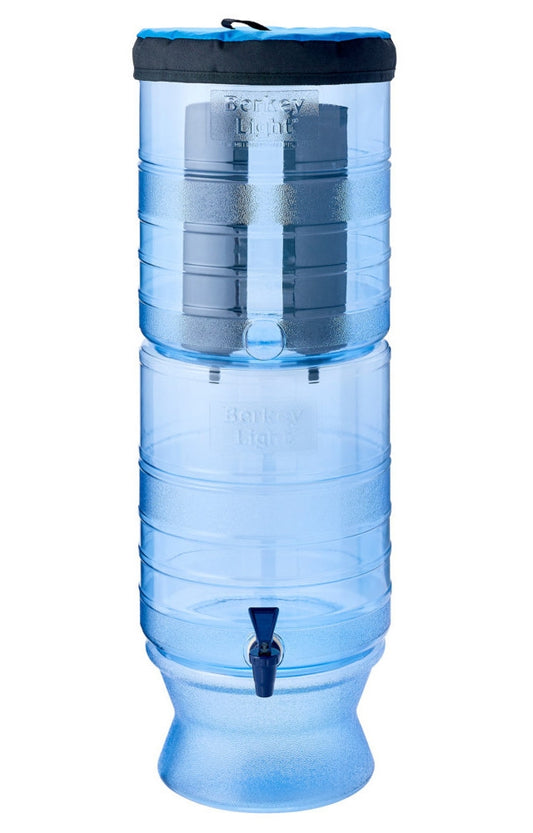
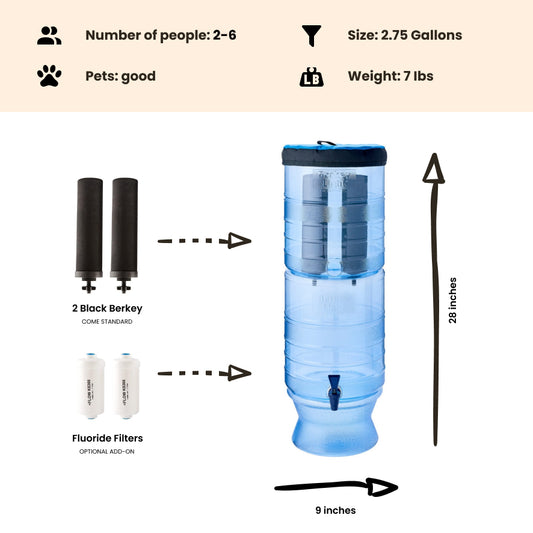 Sold outRegular price From $305.00 USDRegular priceUnit price / per
Sold outRegular price From $305.00 USDRegular priceUnit price / per -
Regular price $327.00 USDRegular priceUnit price / per
-
Regular price From $367.00 USDRegular priceUnit price / per
-
Regular price From $408.00 USDRegular priceUnit price / per
-
Regular price From $451.00 USDRegular priceUnit price / per

Dan DeBaun
Dan DeBaun is the owner and operator of Big Berkey Water Filters. Prior to Berkey, Dan was an asset manager for a major telecommunications company. He graduated from Rutgers with an undergraduate degree in industrial engineering, followed by an MBA in finance from Rutgers as well. Dan enjoys biohacking, exercising, meditation, beach life, and spending time with family and friends.
~ The Owner of Big Berkey Water Filters


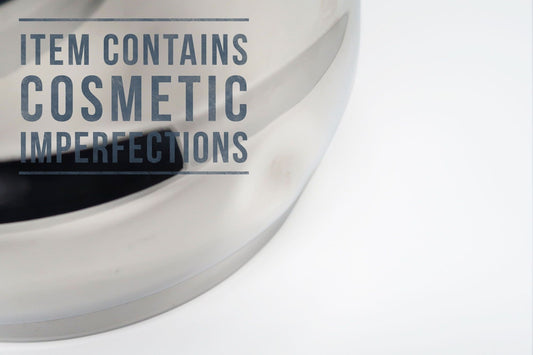








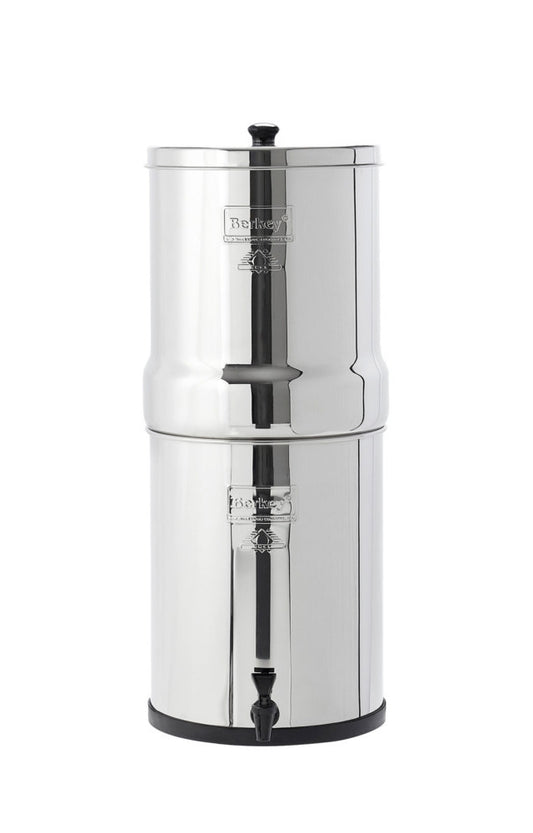
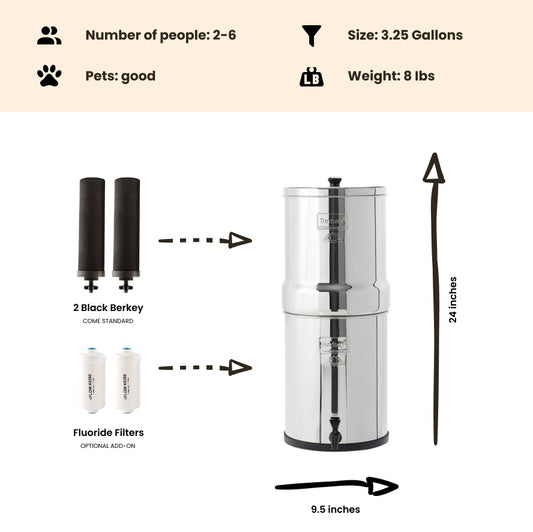



I agree it is an obligation they should tell the people using the water that there is a problem when there is one otherwise they are putting people's health at risk
The reason this is being pushed through- is that- The on-line information can always be manipulated to suit corporations. Most people don't read the reports. A hard copy can always be used for evidence.